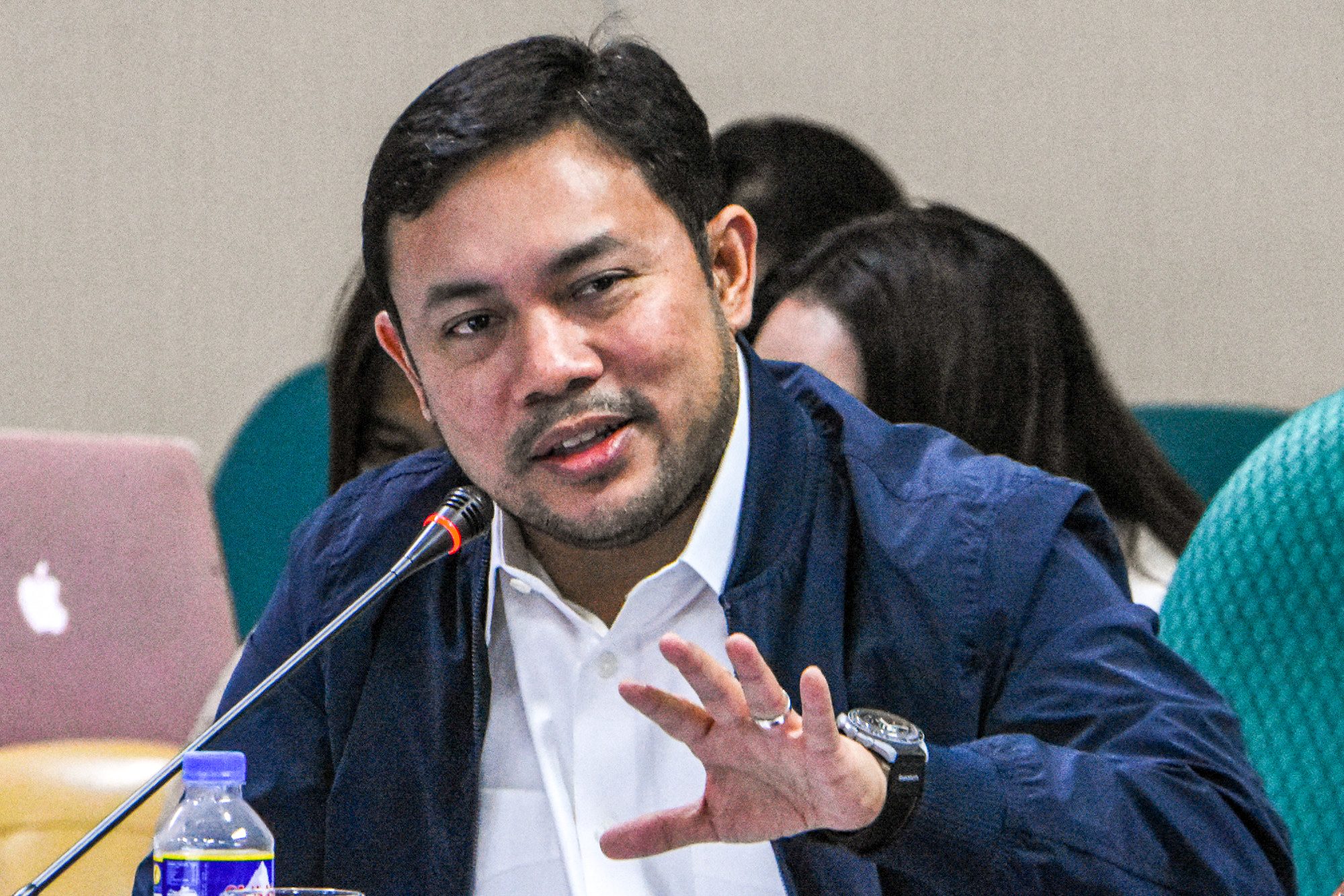SUMMARY
This is AI generated summarization, which may have errors. For context, always refer to the full article.

MANILA, Philippines – Although the proposed Maharlika Investment Fund (MIF) would have the ability to issue its own bonds, these would not be guaranteed by the government – a safeguard pitched by Senator Mark Villar to prevent a repeat of Malaysia’s multibillion-dollar 1MDB scandal.
Villar, who is the sponsor of the Senate bill establishing the sovereign wealth fund, said that any bonds or debt instruments issued by Maharlika Investment Corporation (MIC) would be secured by its own assets.
“If the Maharlika [Investment Corporation] issues those bonds, only [MIC] can guarantee the bonds. It’s explicit in the law that they will be secured by the assets only of [MIC],” Villar said during an interpellation of the bill on Monday, May 22.
Since its inception, the proposed Maharlika fund has gone through many name changes, sparked public outcry from pensioners, and faced a legal challenge before the Supreme Court. Being one of President Ferdinand Marcos Jr.’s priority measures, the controversial bill may be passed before May ends, according to Senate President Juan Miguel Zubiri.
This latest reassurance came after Senator Sherwin Gatchalian asked whether the MIF was safe from ending up like the ill-fated Malaysian sovereign wealth fund 1MDB, which saw billions of dollars lost to corruption and fraud.
Gatchalian pointed out that 1MDB also had the ability to issue bonds, which were indirectly guaranteed by the Malaysian government. This attractive offer was used to raise $6.5 billion from bond sales. Of that sum, about $4.5 billion was stolen by officials, bankers, and other associates.
“Bonds were the source of the fundraising and the source of the kickbacks,” Gatchalian said. “Apparently the bonds were so attractive because they were packaged in a way that sovereign guarantee was existent, as well as Middle Eastern guarantees by different states.”
The first version of the Senate bill previously provided a guarantee to MIC-issued debt, stating that “security or debt instruments issued by the MIC to GFIs (government financial institutions) shall be guaranteed by the national government.” Experts warned that a sovereign guarantee might cause excessive risk-taking, leaving the government to foot the bill in the event that something goes wrong.
That specific provision has since been removed from the amended Senate bill. Villar on Monday gave assurances that any international borrowings done by the MIC will have to go through the Monetary Board of the Bangko Sentral ng Pilipinas, and that bonds issued by the MIC itself will not be guaranteed by the government.
“It simply cannot decide unilaterally to borrow from foreign sources. This must go through the Monetary Board. Secondly, should they issue bonds, this will not be guaranteed by the Philippine government,” Villar said.
He emphasized Section 10 of the amended bill, which states that the MIC must “provide for appropriate reserves for the redemption or retirement of the bonds” and that “such obligations shall be secured by the assets under the management of the MIC.”
“In Maharlika’s case, it’s not a sovereign guarantee. It wouldn’t have the same character as a fund that was guaranteed by the government,” he later added.
Because of the lack of a sovereign guarantee, Villar said the coupon rate of the MIF’s bonds is expected to be higher than the government-backed treasury bills, which are often considered to be risk-free.
“It’s hard to go into specifics, but definitely it’ll be above T-bill rate. You will have to charge a premium precisely because it’s not a sovereign guarantee. So you have to pay a risk premium for that,” Villar said.
As another safeguard, the MIC would also be limited by a borrowing capacity to ensure it can meet its obligations, which the senator said is a “good way to limit your downside or what could possibly happen from your fund.” – Rappler.com
Add a comment
How does this make you feel?





![[WATCH] Bamban POGO scandal: There’s a bigger fish than Alice Guo](https://www.rappler.com/tachyon/2024/07/inside-track-tcard-bamban-pogo.jpg?resize=257%2C257&crop=435px%2C0px%2C1080px%2C1080px)
There are no comments yet. Add your comment to start the conversation.